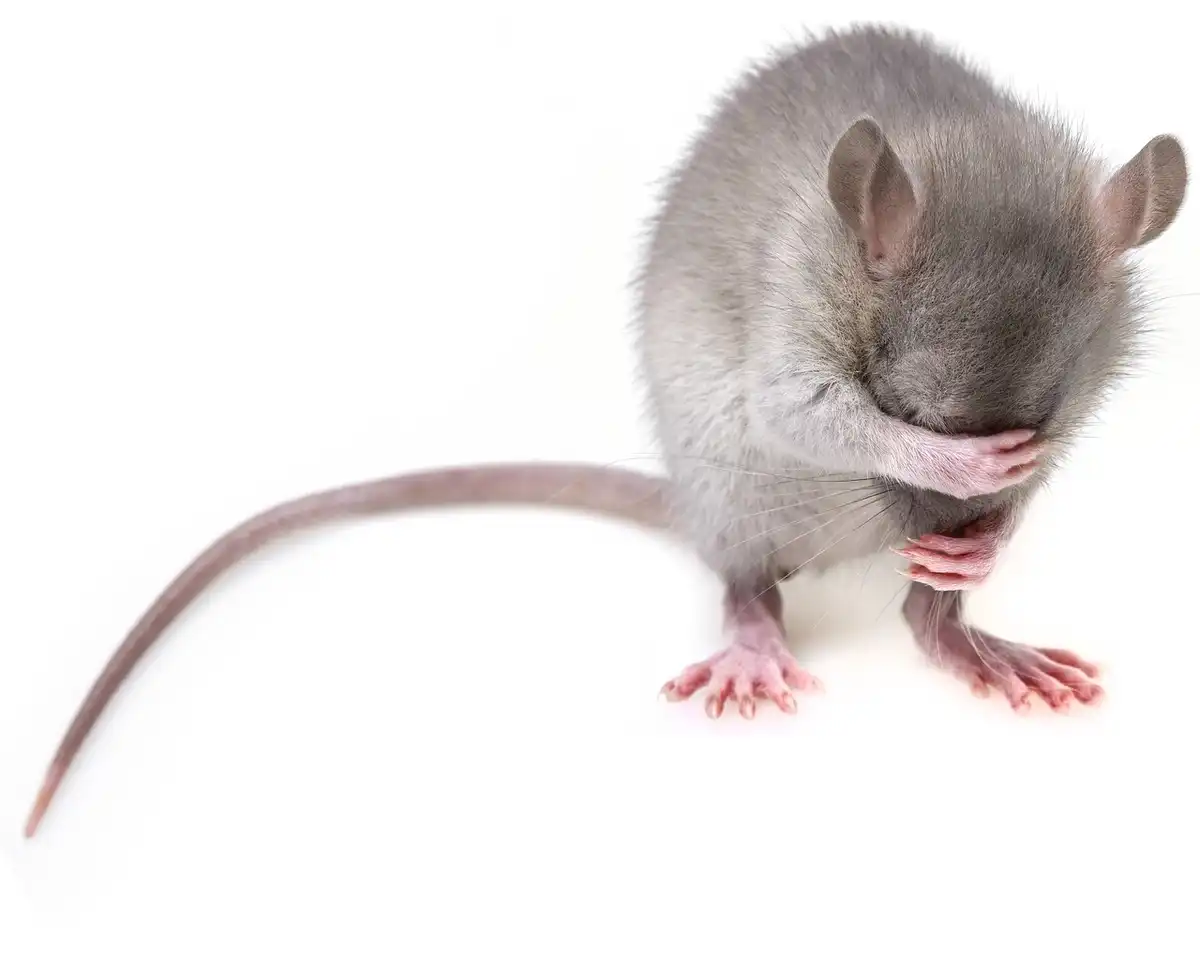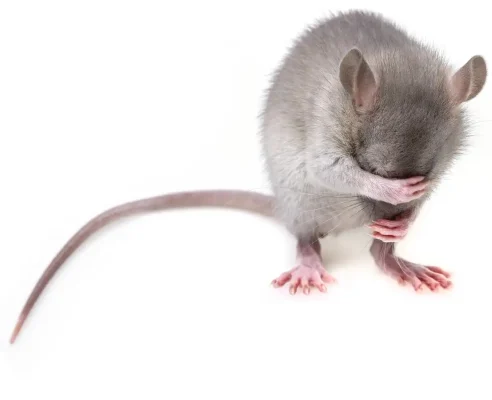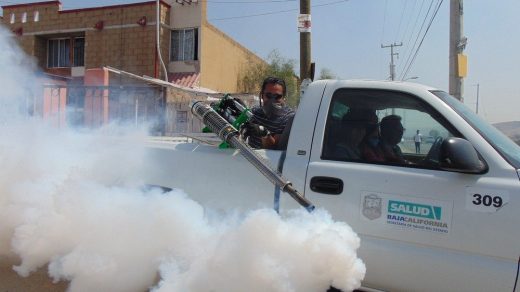How does pest control work advice, Home vermin removal, Property clean control method
Pest Control Work Methdos That Work
31 December 2024
How Does Pest Control Work?
Have you ever wondered exactly how pest control works? Dealing with unwanted pests can be a daunting task, and understanding the methods behind it can help you make informed decisions about your home’s pest management.
The process ranges from diagnosing the pest issue, determining the scale of infestation, and lastly implementing practical pest elimination strategies. As a homeowner, this information is crucial to keeping your space clean and safe.
Companies like Mt Hood Pest Control specialize in these services, ensuring that your home is always free from any harmful or nuisance pests. Trust professional pest control teams to take care of your problems effectively and efficiently.
What is Pest Control?
Pest control involves managing and eliminating unwanted organisms like rodents, insects, bacteria, and viruses that may be harmful to crops, humans, or animals.
Pesticides are substances used to prevent, destroy, repel, or mitigate these pests. In addition to pesticides, pest control devices provide physical or mechanical means of trapping or repelling pests.
These products undergo stringent regulatory procedures by the Environmental Protection Agency (EPA) to ensure their efficacy and safety.
- Pest control regulation: Every pesticide sold in the USA must be registered with the EPA, and the unique EPA Registration Number must appear on the product label.
- Manufacturing registration: All manufacturing locations producing pesticides or pest control devices for sale or use in the USA must register with the EPA.
- EPA oversight: This ensures that every pesticide’s efficacy and safety to humans, domestic animals, and the environment are evaluated before sale.
- Pesticide re-evaluation: Registered pesticides are reviewed every 15 years to ensure they continue to meet current standards, providing ongoing protection for the public and environment.
Due to these measures, consumers can trust that pesticides and pest control devices sold in the USA are safe to use when following label instructions.
To learn more about specific pest control methods, you can visit resources like the EPA’s Safe Pest Control website, which offers guidance on controlling common pests and includes a pesticide product search tool.
Who Are Pest Control Workers?
Pest control workers play a pivotal role in pest management, offering comprehensive solutions to keep homes and surroundings pest-free.
The Growing Pest Management Industry
The Bureau of Labor Statistics forecasts significant growth for pest control careers, surpassing the average projection for other skilled jobs.
Diverse Career Paths
This industry presents various opportunities, from field technicians and office management roles to sales and marketing positions.
Rewards and Opportunities
Professionals in this sector enjoy the satisfaction of aiding people, with many employers offering family-friendly work hours and competitive compensation.
There are openings for everyone, including veterans transitioning into civilian life and students seeking robust career growth.
How Does Building Pest Control Work?
Pest control uses science and key data points to predict potential pest activity, allowing informed decisions about when and how to protect your home.
Products like repellents and insect killers are integral to pest management strategies, effectively targeting a variety of pests.
These solutions leverage decades of entomology research to understand insect behaviors and design efficient control approaches.
- Pest Index: Utilizes location and weather information to offer real-time predictions about potential pest activity, helping you plan accordingly.
- Protective Products: Brands like OFF!® and Raid® offer products that effectively ward off pests.
- Educational Resources: Websites like Off.com and Raid.com provide information on adequate application of repellents, pest identification, and answers to common questions.
- Additional Tips: Social media platforms can offer extra tips and resources for dealing with occasional pest issues.
Being well-informed is your first line of defense in pest control. Utilize available resources and products to keep your home pest-free, and equip yourself with knowledge about pests, their life cycles, and habits to protect your family and home effectively.
What Are Typical Methods?
Protecting your home from pests involves several methods. Reducing the chances of pests invading your space can be achieved by sealing entrances, limiting food sources, and maintaining a tidy yard.
Sealing gaps in the foundation or siding joints using caulk or epoxy can prevent entry points. Adjusting outdoor lighting and closing soffit gaps can reduce the attraction of bugs.
| Pest Control Tip | Technique | Effectiveness |
| Use of LED lights | Position outdoor lights close to the ground and spread them out. | Reduces attraction of bugs. |
| Sealing doors and windows | Use weather strips to seal gaps. | Deters pests. |
| Adjust home humidity | Use a dehumidifier to maintain 40%-45% humidity. | Uncomfortable environment for pests. |
Other methods include reducing clutter and food residues, which can provide hiding spots and sustenance for pests. Natural remedies are also an option for specific pests.
For example, bugs dislike peppermint oil; spraying a mixture around doors and windows can deter spiders. For ant infestations, a mixture of white vinegar, tea tree oil, or peppermint oil in water can be effective.
How Do Technicians Train?
Training for pest control technicians involves a combination of approaches to ensure a comprehensive skill set. Face-to-face instructor-led training offers detailed coverage and promotes interaction.
Online self-paced training allows trainees to learn at their convenience, promoting better work-study balance. Live online training provides an interactive format when in-person sessions are impractical.
- Crafting a Curriculum: A well-structured course should involve technical skills, customer service capabilities, and safety procedures.
- Selecting Training Methods: Combining tutor-led lessons, hands-on practice, and e-learning modules accommodates different learning styles.
Leveraging technology enhances training delivery and effectiveness. Digital tools make it easier to track progress and adapt instructional methods.
A continuous learning approach is emphasized, facilitating skill development through peer engagement and feedback mechanisms.
What Safety Protocols Exist?
Using fumigants, pesticides, and hazardous preservatives requires adherence to safety guidelines to protect workers. Only trained professionals should handle these substances.
A buddy system should be in effect to ensure no employee ventures into risky areas alone. Proper protective equipment, such as respirators, must always be utilized. Educational instruction on hazards is compulsory for all entering the zone.
Standby observers monitor conditions to highlight hazards and ensure protective measures. Necessary steps are taken to ensure breathability within workspaces, including ample ventilation and routine tests to maintain a safe atmosphere.
Is Pest Control Stressful?
Pest control jobs often carry significant stress due to work pressures and challenging environments. Seasonal work pressures can disrupt work-life balance, leading to dissatisfaction.
Workplace Challenges
Technicians often have highly scheduled routes, which can trigger burnout and decrease productivity. The physical demands of working in hazardous environments further add to the stress.
Emotional Impact
Dealing with distraught clients and alarming infestations can be mentally taxing. Handling deceased pests is another distressing aspect of the job, adding to the emotional burden.
How to Become a Technician?
To become a pest control technician, understanding the job’s average hourly rate is essential. Across the U.S., the average is $19.48, with variations based on experience, employer, location, and skills.
Experience and Earnings
Technicians with 0-3 years of experience earn around $17.31 hourly, increasing with more experience.
Comparing Employers
Some organizations offer better compensation. For example, Orkin pays around $20.12 hourly, and Ehrlich Pest Control provides approximately $21.54 per hour.
Geographic Differences
Location influences earnings. In New York City, the hourly wage averages around $24.61, while in Houston, it’s about $21.99. Similar patterns occur at the state level.
Skills Impact Salary
Certain skills impact income significantly. Proficiency in pesticide application, pest identification, customer service, safety protocols, and equipment operation can increase earnings.
What Are the Career Paths?
The pest control industry offers numerous career opportunities, from entry-level roles to management and specialized positions.
Technician Roles
As a technician, you conduct inspections, identify pest problems, and implement control strategies. Specializations include Pest Control, Termite, and Rodent Control Technicians.
Customer Service and Sales Roles
Customer service and sales roles include Customer Service Specialists and Sales Consultants, ensuring tailored pest control services for clients.
Administrative Roles
Administrative personnel such as Administrative Assistants and Office Managers support operational efficiencies, while Human Resources Generalists handle recruitment and employee relations.
Management Roles
Management positions include Service, Branch, or Operations Managers, with General Managers overseeing overall company strategy and operations.
Specialized Services Roles
Specialized roles include Fumigators, Exterminators focusing on specific pests, Pest Management Specialists creating pest plans, and Wildlife Control Specialists managing wildlife pests.
Technical and Training Development
Roles such as Technical Specialists providing training support and Training Development Specialists are available. Quality Control Specialists ensure high standards of pest control services.
IT Support
IT roles like IT Support Specialists and Data Analysts improve operations and customer service through technology and data analysis.
Home Pest Contol Methods – Your Next Steps
Now that you’re familiar with pest control, its working method, and career avenues, consider pursuing this profession. Remember, training and adherence to safety protocols are vital. Although challenging, being a technician can offer rewarding career paths.
Comments on this How Does Pest Control Work? article are welcome.
Pest Control
Pest Control Articles
Protecting historical buildings from structural pests
Achieving excellence in pest eradication
Building Articles
Residential Architecture
Comments / photos for the How Does Pest Control Work? page welcome.







